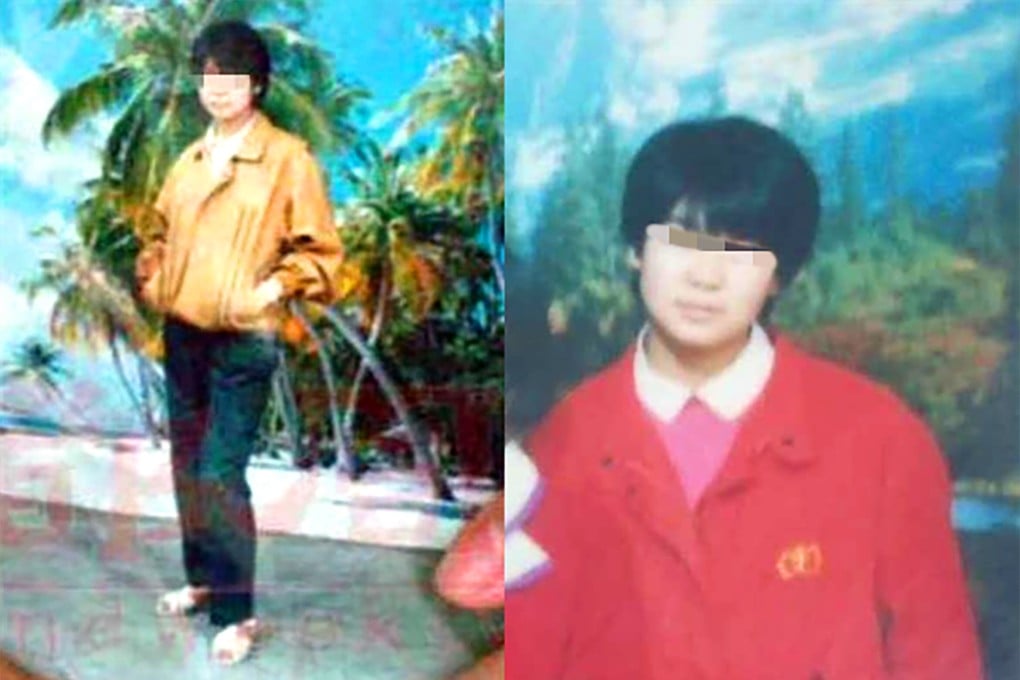China cold case: family of Diao Aiqing, who was murdered and left in 2,000 pieces, sue university over her death
- Diao Aiqing, 19-year-old first year student at Nanjing University’s Adult Education College, was last seen alive on January 10, 1996
- Her body had been boiled and cut into more than 2,000 pieces and wrapped in bags

The family of a student brutally murdered 25 years ago in one of China’s most notorious cold cases has launched a lawsuit against her university for failing in its duty of care.
Diao Aiqing, a 19-year-old first-year student at Nanjing University’s Adult Education College, was last seen alive on January 10, 1996, when she left her dorm building after an argument with the building’s management.
Nine days later her body, which had been boiled and cut into more than 2,000 pieces and wrapped in bags, were found in eight locations on and near the university campus. The brutality of the murder shocked China, but the killer was never caught.
On January 20, the 20th anniversary of her murder, the Ministry of Public Security Criminal Investigation Bureau said in a statement that the case was not limited to a statute of 20 years for prosecution and that police would continue to investigate.
Zhou Zhaocheng, a lawyer with Beijing Yifa Law Firm, said in a statement that he went to Gulou District People’s Court with the victim’s elder sister on Monday to file a civil lawsuit against the Nanjing University on behalf of Diao’s parents.
The parents believe the university’s dormitory management staff unfairly punished Diao for her dorm mate using electronic appliances, which led to Diao leaving the dorm building in anger and, they argue, subsequently contributed to her murder, Zhou said.

When Diao did not return home on the night of January 10 Nanjing University should have informed her parents that she was missing, argued Zhou, but they did not notify the family until after police found Diao’s body.